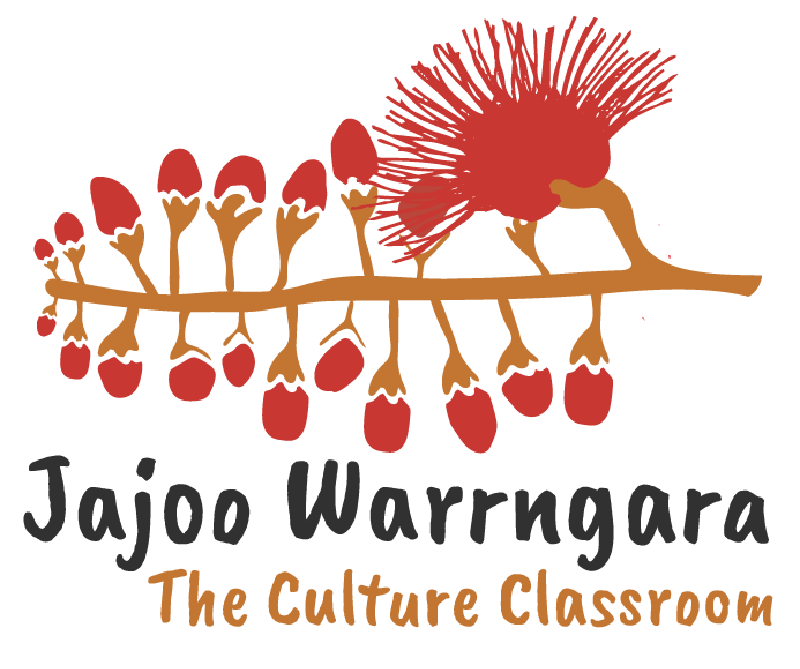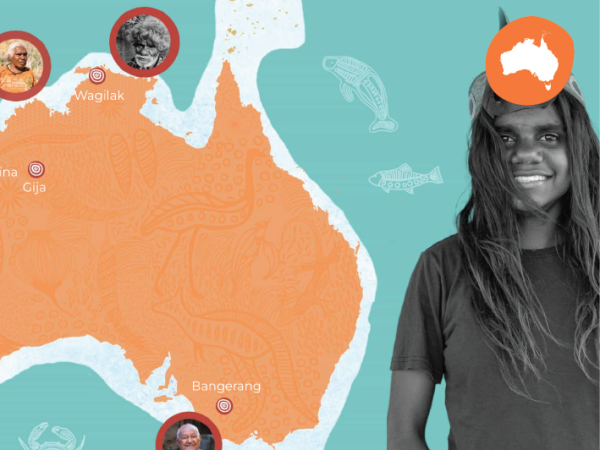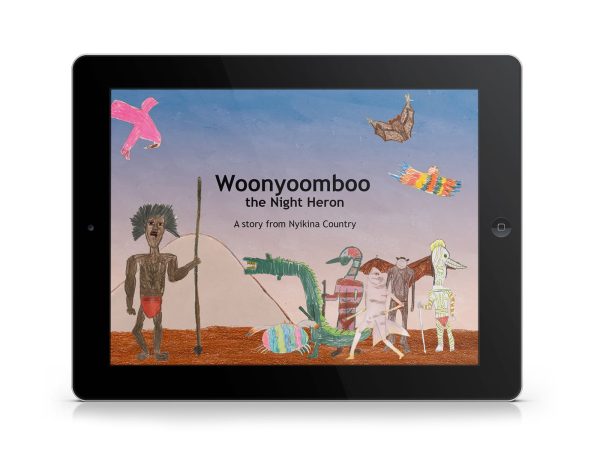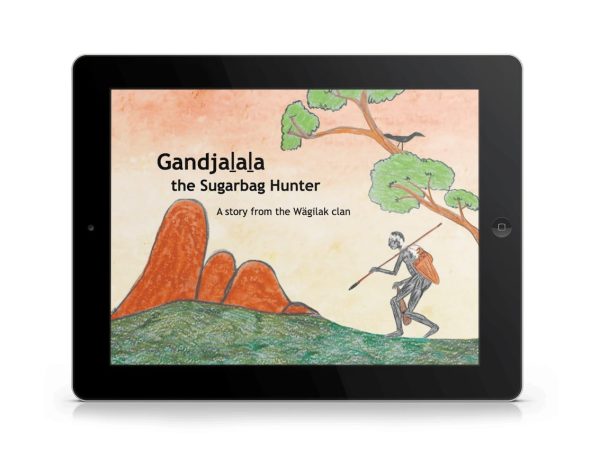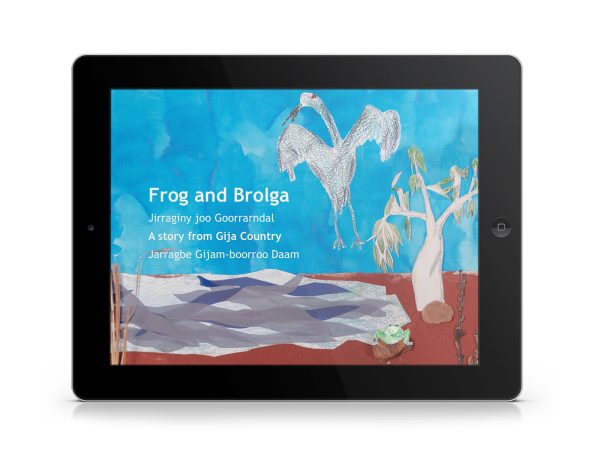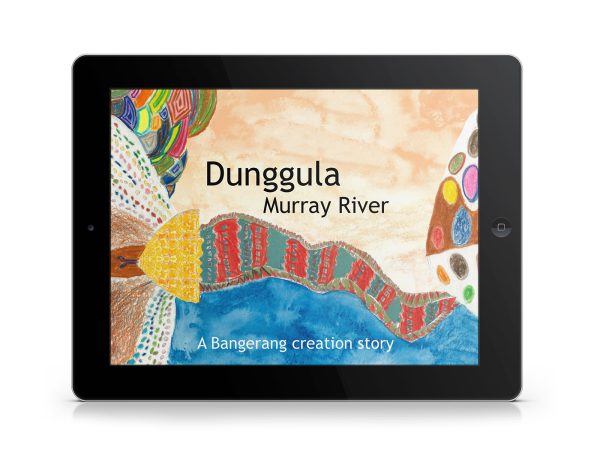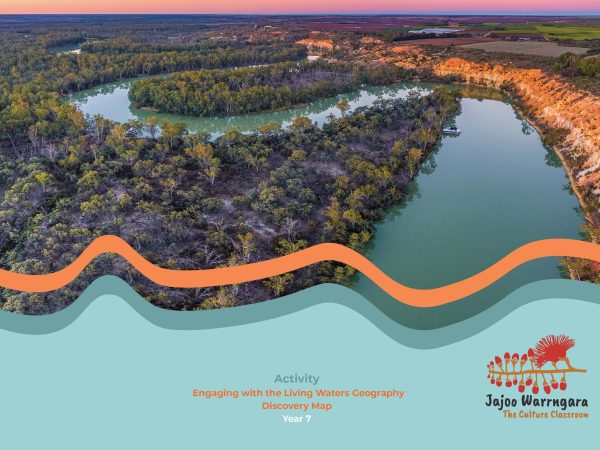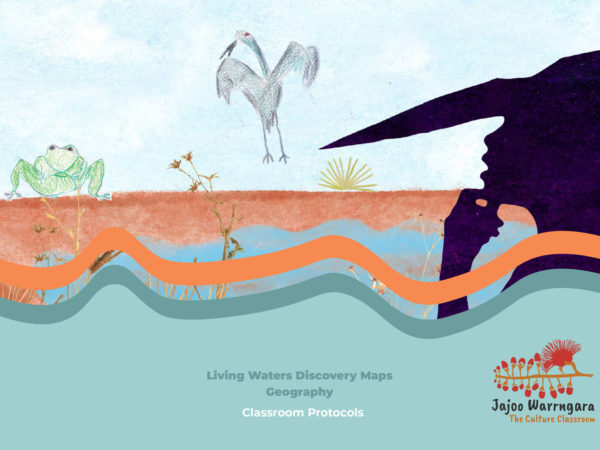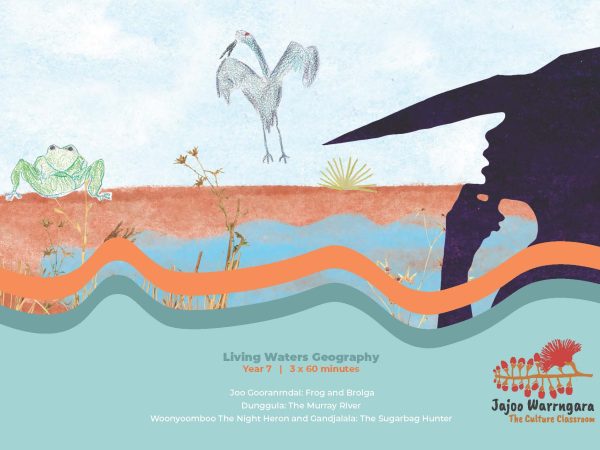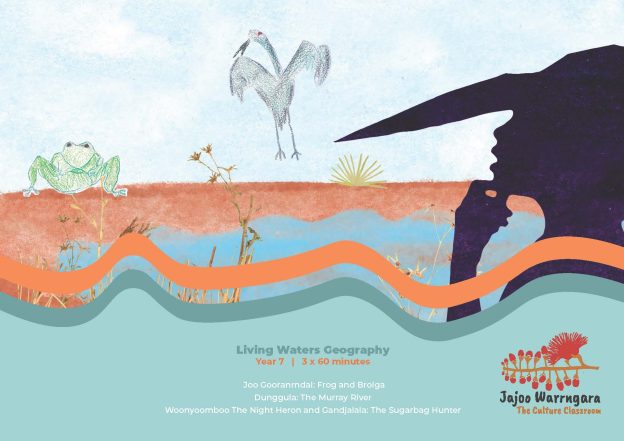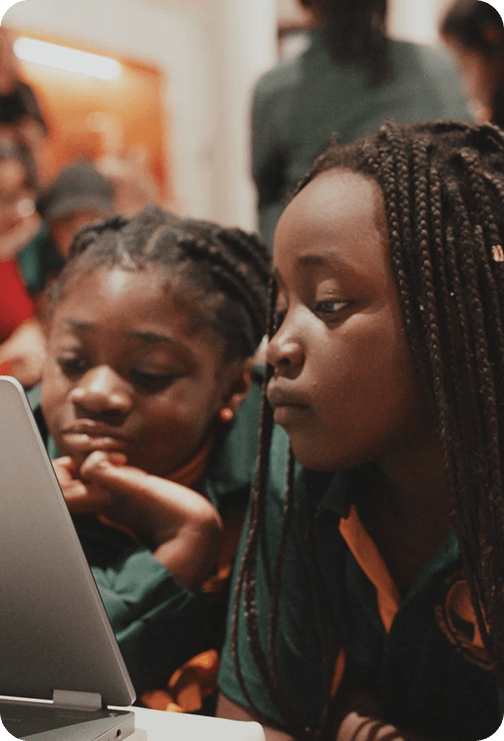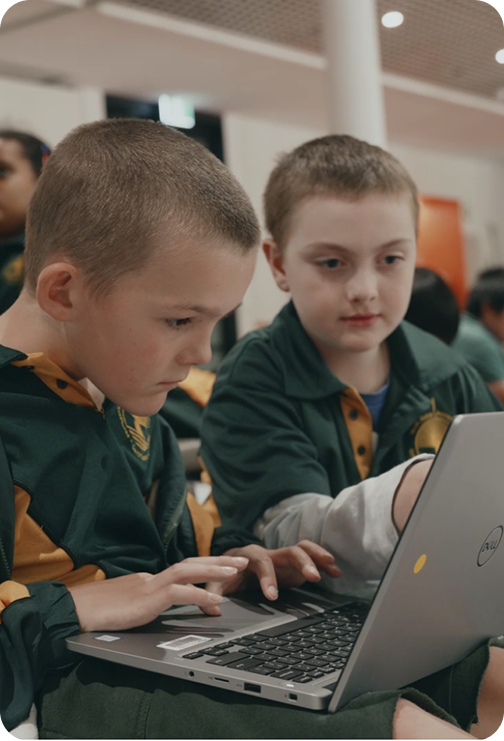Learning Areas
Aboriginal and Torres Strait Islander Histories and Cultures | Geography | Sustainability
In this unit
Explore the importance of water for First Nations peoples. The starting point for learning is through the representation of water in four Aboriginal creation stories. Students will explore the formation of the rivers and examine the economic, cultural and spiritual value of water for Nyikina, Gija, Wägilak and Bangerang people.
This unit includes:
Explore the importance of water for First Nations peoples. The starting point for learning is through the representation of water in four Aboriginal creation stories. Students will explore the formation of the rivers and examine the economic, cultural and spiritual value of water for Nyikina, Gija, Wägilak and Bangerang people.
Learning Areas
Cross Curriculum Priorities
Aboriginal and Torres Strait Islander Histories and Cultures
Related Units
Unit Content
